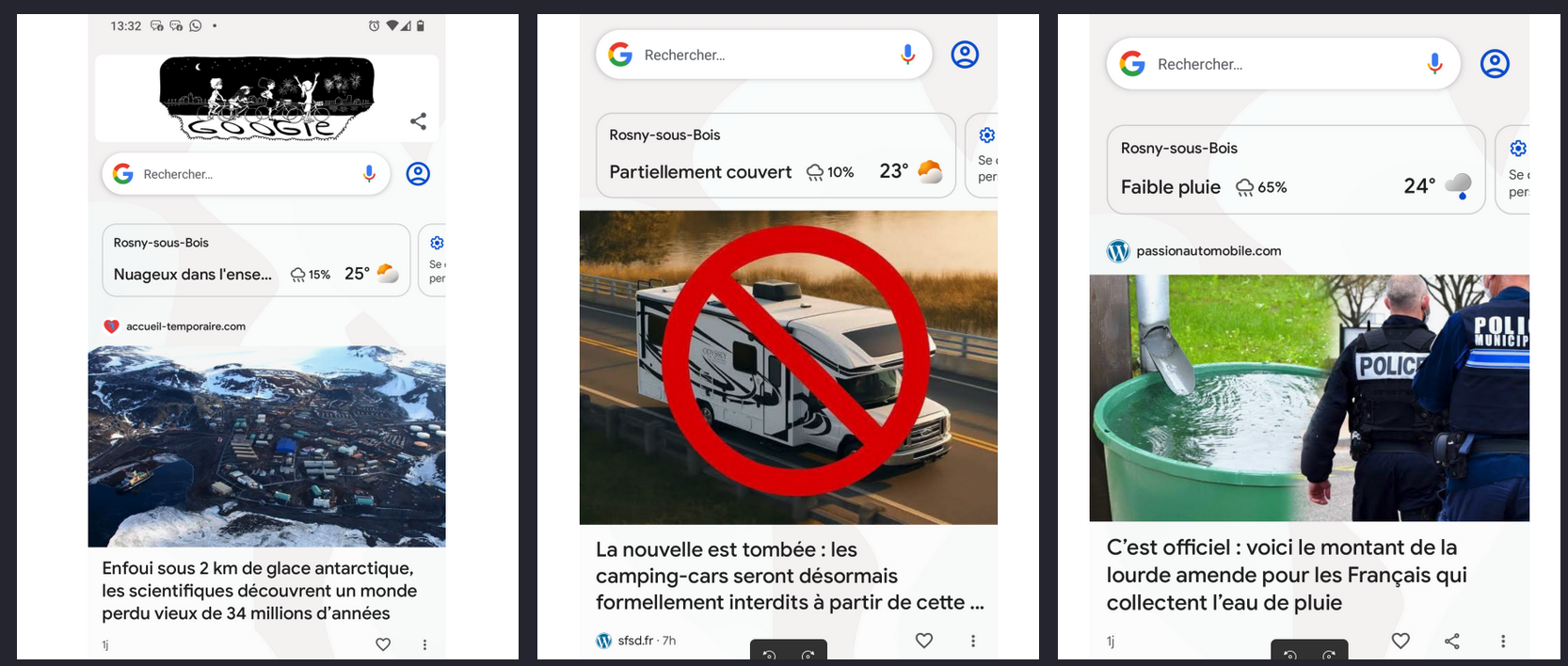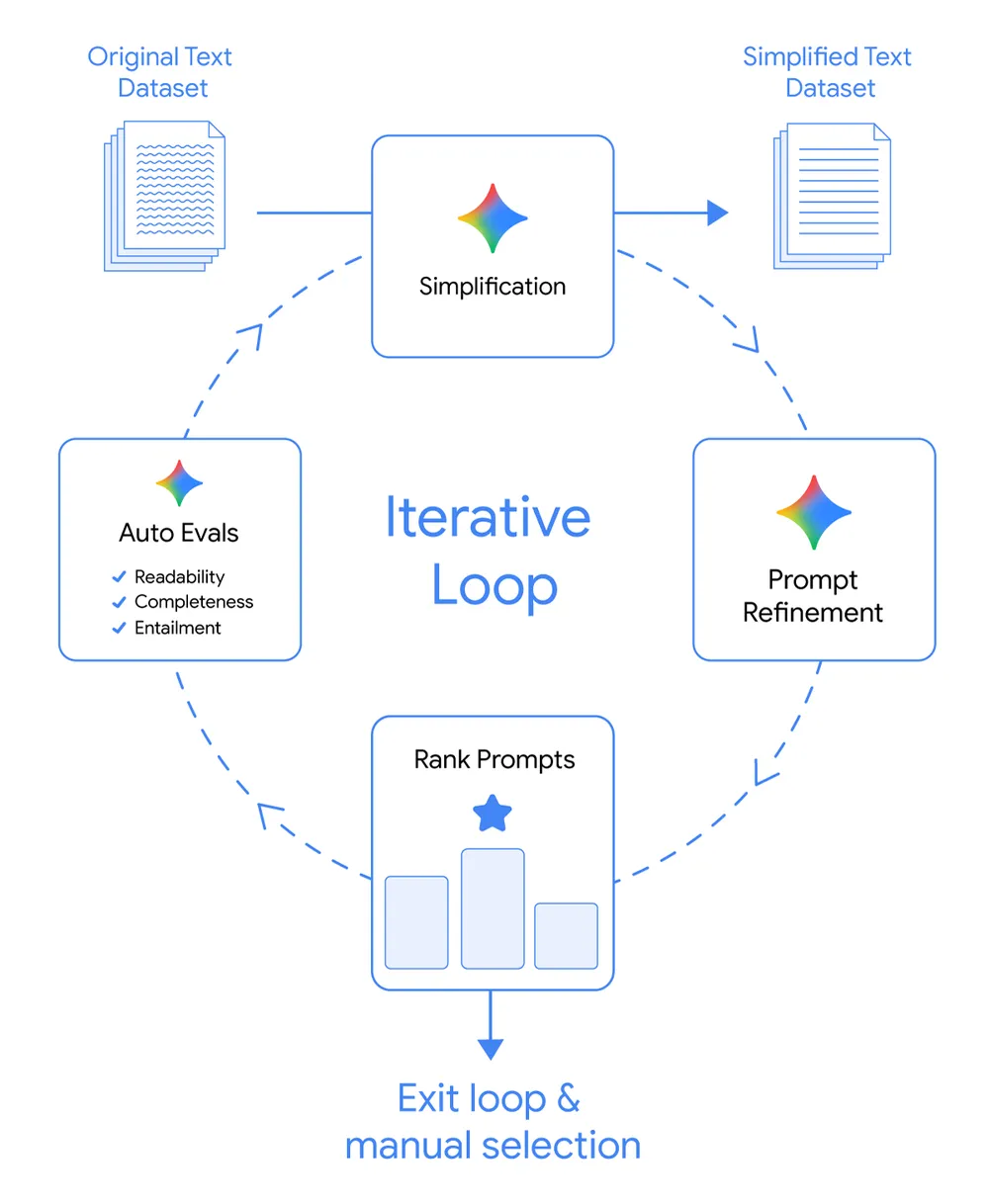
“ Robotics partnership aims to combine Boston Dynamics’ athletic intelligence with Google DeepMind’s foundational capabilities. Joint research utilizing Gemini Robotics foundation models and new fleet of Atlas robots will begin this year ”

“ Robotics partnership aims to combine Boston Dynamics’ athletic intelligence with Google DeepMind’s foundational capabilities. Joint research utilizing Gemini Robotics foundation models and new fleet of Atlas robots will begin this year ”

“Ironwood is the result of a continuous loop at Google where researchers influence hardware design, and hardware accelerates research. While competitors rely on external vendors, when Google DeepMind needs a specific architectural advancement for a model like Gemini, they collaborate directly with their TPU engineer counterparts. As a result, our models are trained on the newest TPU generations, often seeing significant speedups over previous hardware. Our researchers even use AI to design the next chip generation — a method called AlphaChip — which has used reinforcement learning to generate superior layouts for the last three TPU generations, including Ironwood.”
Source : 3 things to know about Ironwood, Google’s latest TPU

“Holy s—. I’ve used ChatGPT every day for 3 years. Just spent 2 hours on Gemini 3. I’m not going back,” Benioff wrote on X. “The leap is insane — reasoning, speed, images, video… everything is sharper and faster. It feels like the world just changed, again.”
Benioff, who has 1.1 million followers on X, had more than 3.2 million people see his post by Tuesday morning, according to the social network.
But behind the public compliments, there are signs of concern at OpenAI. In an internal memo written before Gemini 3’s release and obtained by The Information, Altman told employees to expect “rough vibes,” adding “by all accounts, Google has been doing excellent work recently.” He said Google’s progress could “create some temporary economic headwinds for our company,” but insisted OpenAI is “catching up fast.””

“L’algorithme Discover de « recommandation de contenus » de Google, principale source de trafic des sites journalistiques français, est devenu une « pompe à fric » pour les sites monétisés par la publicité, majoritairement financés par… la régie publicitaire de Google. Au point que près de 20 % des 1 000 sites d’info les plus recommandés par Google Discover, et 33 % des 120 sites les plus recommandés par Google News, à la rubrique Technologie, sont générés par IA.”
Source : 18% des médias et 33% des sites tech les plus recommandés par Google sont générés par IA – Next

“Voici pour commencer un rappel des quatre amendes prononcées par la Commission européenne, avec les montants initiaux. L’une d’entre elles a été annulée, une autre confirmée et une troisième légèrement réduite, mais en attente de confirmation (ou non) par la Cour de Justice de l’Union européenne. 2017 : 2,42 milliards d’euros (moteur de recherche, comparateur de prix) 2018 : 4,3 milliards d’euros (Android) 2019 : 1,49 milliard d’euros (publicité en ligne) 2025 : 2,95 milliards d’euros (publicité en ligne) Le montant dépasse les 11 milliards d’euros, trois des quatre procédures sont encore en cours.”
Source : Europe vs Google : déjà 11,2 milliards d’euros d’amendes, où en sont les procédures ? – Next

“The path to Simplify began in the specialized world of medicine, where no detail should be spared. « Doctors sometimes use language that’s purposefully obscured to reduce patient anxiety or preserve privacy, » says Diego Ardila, a Google Research software engineer. « They might say, ‘The patient is undergoing emesis,’ which just means they’re vomiting. Sometimes there’s a use for that inside a hospital, but other times it actually gets in the way.”The team built an internal simplification demo, and started testing it on text outside of medicine. “We found that it just kept working because the underlying AI models are general-purpose,” Diego says. “Seeing its potential for broader applications, we shared it with other teams.””
Source : How Simplify in the Google app uses AI to make complex text easier to understand
“Today we announced the first deployment of Kairos Power’s advanced nuclear reactor — the Hermes 2 Plant in Oak Ridge, Tennessee — through a new power purchase agreement (PPA) between Kairos Power and Tennessee Valley Authority (TVA). Marking the first purchase of electricity from an advanced GEN IV reactor by a U.S. utility, this agreement will enable 50 megawatts (MW) of nuclear energy on TVA’s grid that powers our data centers in Montgomery County, Tennessee and Jackson County, Alabama.”
Source : Our first advanced nuclear reactor project with Kairos Power and Tennessee Valley Authority

“With our new AI features, people are using Google Search more than ever as they get help with new and more complex questions. AI Overviews are one of our most popular Search features — now used by more than a billion people — and we’re continuing to advance and improve the experience to make them even better.”

“During the ad campaign, first revealed in an FT investigation published in August, staff at Google were helping Meta bypass the search company’s policies on how online advertising can be directed to minors. While Google bans ad personalisation for teens, the campaign for Instagram on YouTube deliberately pushed messages to a group of users labelled as “unknown” in its system. Google employees told Meta that it had internal data that showed this group skewed towards under-18s and was a way of “hacking” the audience safeguards in their system.”
Source : Brussels probes Google and Meta secret ads deal to target teens

“Real-time protection, built with your privacy in mind. Real-time defense, right on your device: Scam Detection uses powerful on-device AI to notify you of a potential scam call happening in real-time by detecting conversation patterns commonly associated with scams. For example, if a caller claims to be from your bank and asks you to urgently transfer funds due to an alleged account breach, Scam Detection will process the call to determine whether the call is likely spam and, if so, can provide an audio and haptic alert and visual warning that the call may be a scam. Private by design, you’re always in control: We’ve built Scam Detection to protect your privacy and ensure you’re always in control of your data. Scam Detection is off by default, and you can decide whether you want to activate it for future calls. At any time, you can turn it off for all calls in the Phone app Settings, or during a particular call. The AI detection model and processing are fully on-device, which means that no conversation audio or transcription is stored on the device, sent to Google servers or anywhere else, or retrievable after the call. Cutting-edge AI protection, now on more Pixel phones: Gemini Nano, our advanced on-device AI model, powers Scam Detection on Pixel 9 series devices. As part of our commitment to bring powerful AI features to even more devices, this AI-powered protection is available to Pixel 6+ users thanks to other robust Google on-device machine learning models.”
© 2026 no-Flux
Theme by Anders Noren — Up ↑